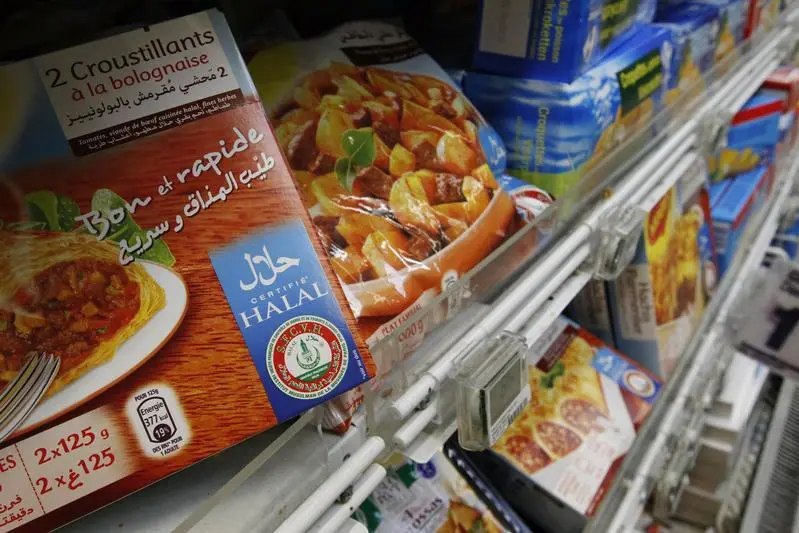PHOTO
Total Muslim expenditure on halal food grew to reach $1.3 trillion in 2017 from $1.25 trillion in 2016, but the lack of global alignment on certification increases costs and can destroy value, said new report the State of the Global Islamic Economy 2018/19.
There are over 300 officially-recognised halal certifiers globally but there remains limited oversight by impartial accreditation bodies, leaving substantial room for misrepresentation, said the report.
Halal also falls below global best practices due to a lack of commonly-accepted standards among these numerous certifiers, which often result in duplicate certification costs and added complexity.
The study recommends the creation of a mutual framework and rationalising existing standards that vary due to differing schools of thought expecially with differences on animal stunning and machine slaughter.
A single globally-accepted regulatory structure is also preferable, it said.
In the area of oversight and regulation, it highlighted a handful of milestones in 2017, including the creation of Malaysia-based International Halal Authority Board (IHAB) and Turkey's new Halal Accreditation Authority (HAK).
The State of the Global Islamic Economy 2018/19 report can be downloaded from here.






















